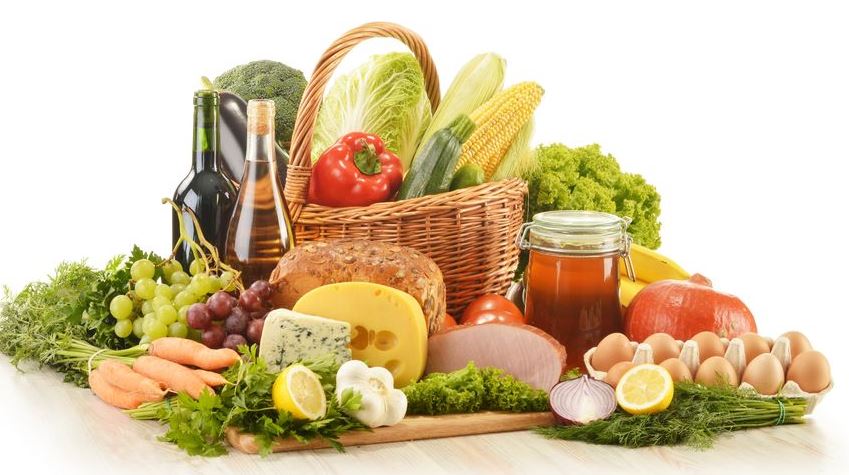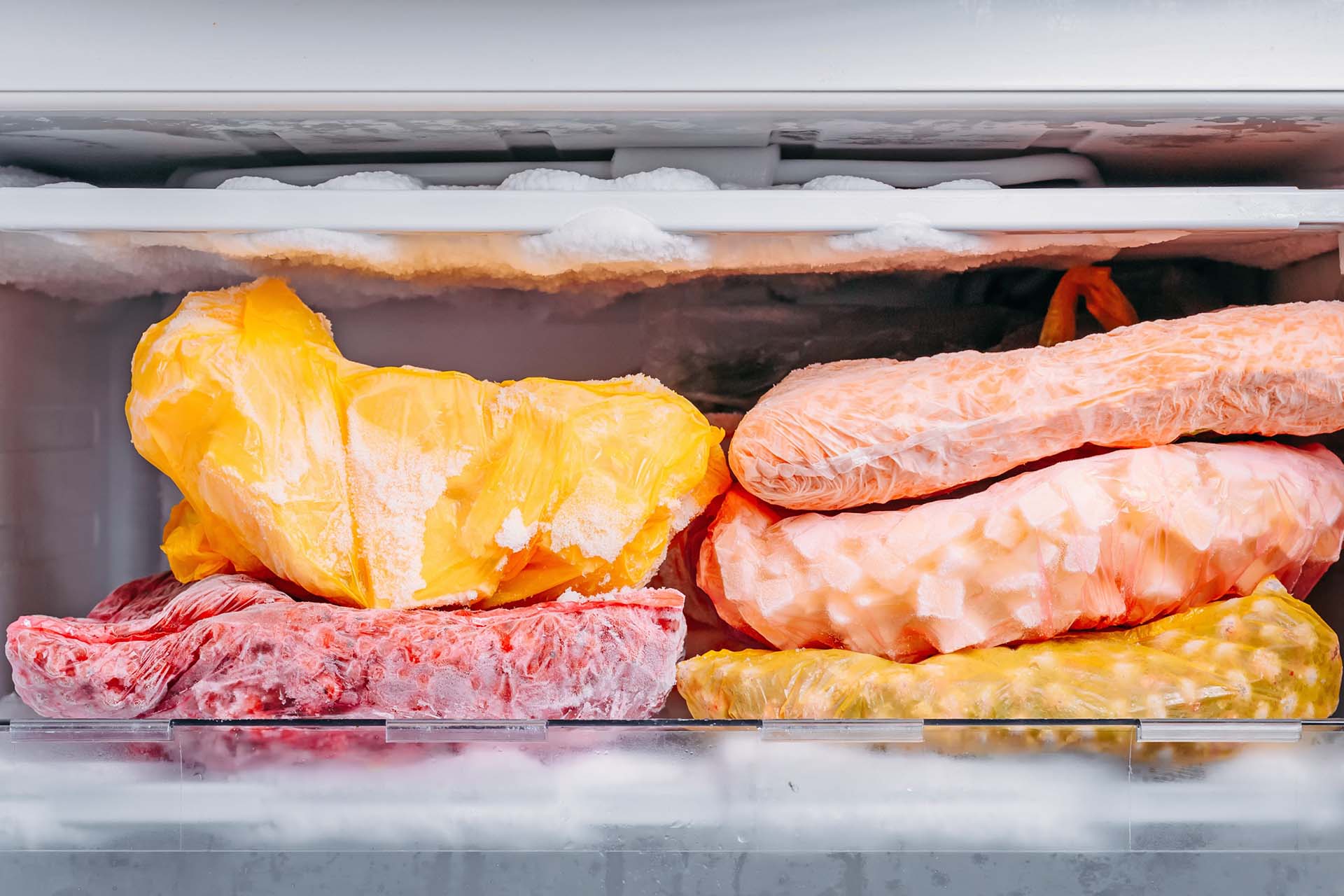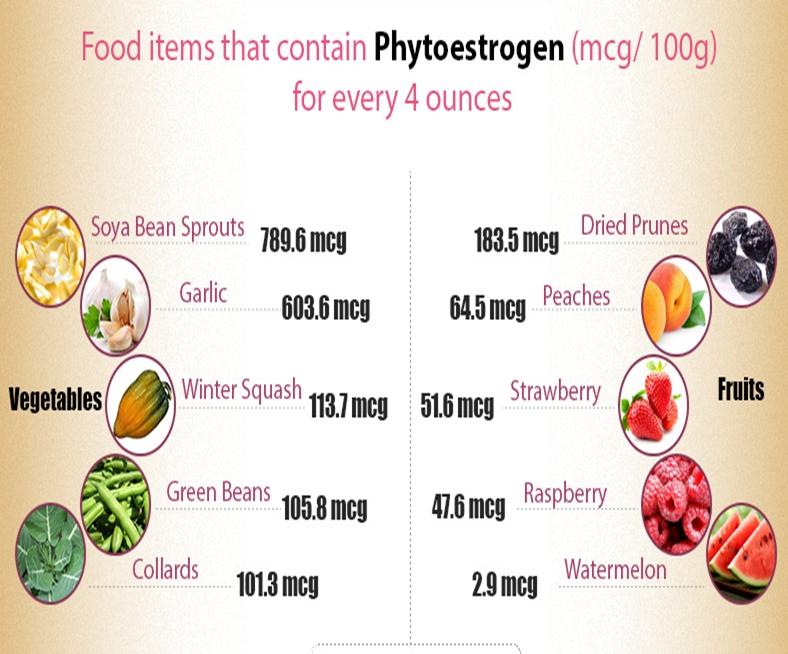The statement that growing your own food is illegal is generally not true. In most situations and countries, cultivating your own food for personal consumption is perfectly legal. However, there are some nuances and exceptions to consider:

Local Regulations: While growing food itself is unlikely to be outlawed, specific regulations might exist at the local level that can impact your gardening endeavors. These may include:

- Zoning Laws: Some zoning codes might restrict the types of plants you can grow in specific areas, like front yards or public right-of-ways.
- Homeowners’ Associations: If you live in a community governed by a homeowners’ association, their rules might have limitations on vegetable gardens or types of structures you can use for it.
- Water Restrictions: During periods of drought, some localities might impose water restrictions that limit how much you can water your garden.
Specific Plants and Regulations: In some rare cases, certain plants or crops might be subject to special regulations due to factors like:

- Invasive Species: If a particular plant is considered invasive in your area, growing it might be prohibited or require a permit.
- Controlled Substances: Growing certain plants that can be used to produce controlled substances is typically illegal.
Commercialization: Selling food you grow, especially in large quantities, might require various permits and licenses depending on local regulations and food safety concerns.
While outright illegality is uncommon, navigating these regulations and limitations can be confusing. Here are some tips to ensure you’re gardening legally:
- Check your local zoning laws and HOA rules. Most government websites or community management offices have easily accessible information about relevant regulations.
- Understand restrictions on water usage during droughts.
- Avoid growing anything deemed invasive in your area.
- Research any regulations about specific plants you want to grow, especially if they might be considered controlled substances.
- For selling your produce, consult your local authorities to understand necessary permits and food safety requirements.
Remember, the vast majority of personal food gardening falls within legal boundaries. By respecting local regulations and being mindful of potential limitations, you can enjoy the benefits of growing your own food without legal concerns.










